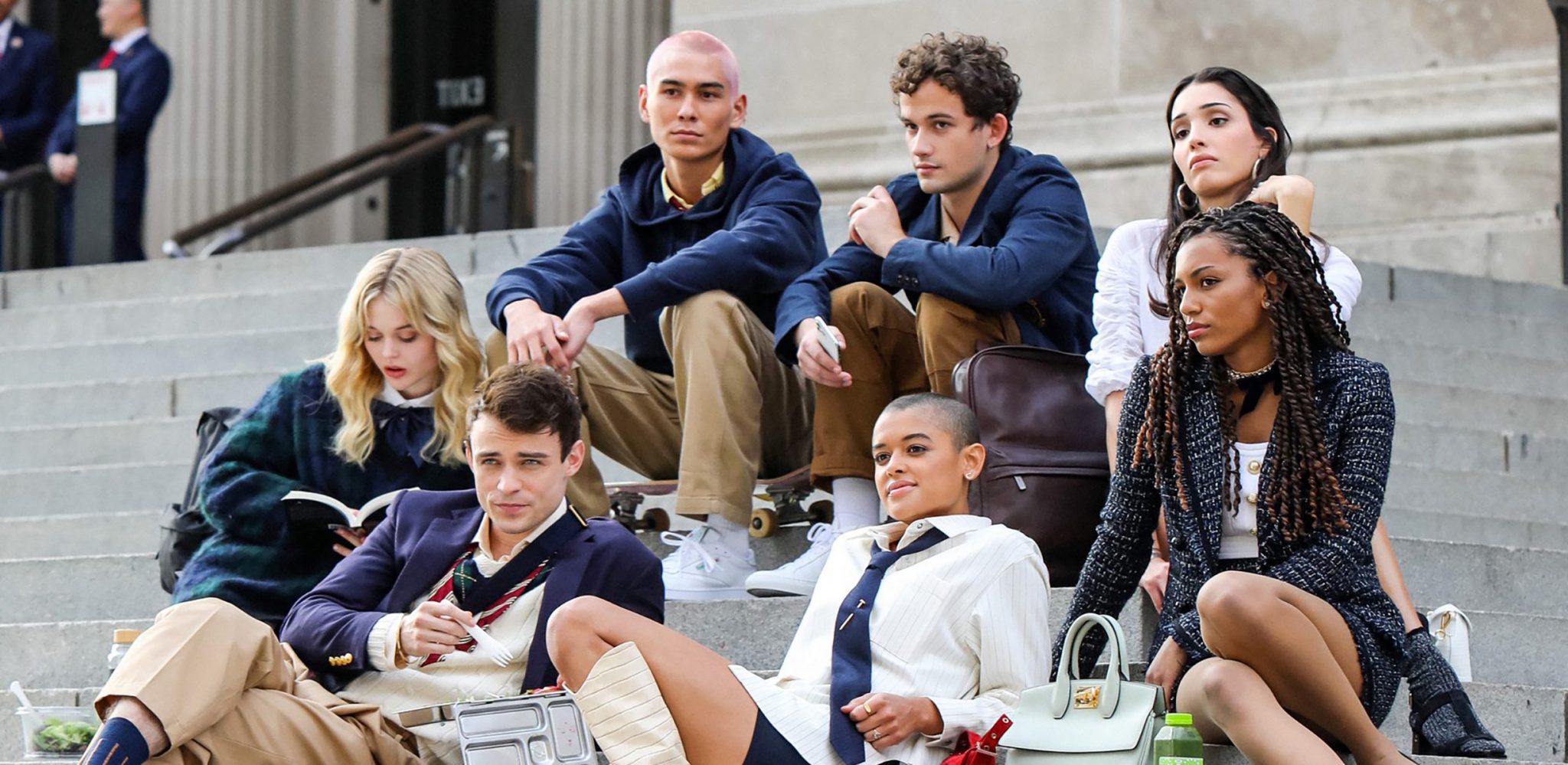Back in the noughties, hating sexy, adolescent millionaires felt like a pleasurable way to spend an evening. Being asked to empathise with them in 2021 feels like an insult.
Years ago, a girl reached out to me on Facebook to apologise for being a bitch to me when we were sixteen and at school. “I was really awful,” she informed me, “and I wanted to say sorry!” This surprised me, given that I could not actually remember our having exchanged a single word at all. She was popular – expensive-looking in the same way as a Tiffany heart necklace or a pair of ballet pumps from Tory Burch – and I was not, making us as unlikely to socialise as a hyena and a very tall and beautiful giraffe. If I ever thought of her, it was with the indifferent, distant curiosity I might have otherwise reserved for, say, a minor character on a TV show. Her apology a decade later, presumably meant to clear her guilty conscience, ended up achieving nothing but my irritation. What convinced her I would welcome this level of condescension? More importantly: just who the hell did this girl think she was?
The 2021 reboot of Gossip Girl (2007-12) – a TV show about filthy-rich kids at an Upper East Side private school being spied on, then reported on, by an anonymous blogger – turns out to be the equivalent of the original run of Gossip Girl apologising for being a total bitch when you were sixteen and in high school. Where the old crew were hot, sybaritic little monster-sociopaths who rarely worried about being likeable, this newer generation have been marred by the addition of – whisper it – consciences, so that although they scheme and backstab and spend money as if there is no tomorrow, they occasionally feel really bad about it. “Have you heard of the guilty rich?” the gorgeous shaven-headed influencer Julien says about her boyfriend, a multi-millionaire socialist scion with the extraordinary name Otto ‘Obie’ Bergmann IV. “Well, this one’s the guiltiest.” (“I don’t do hierarchies, remember?”, Julien says later, as if inbuilt hierarchies – in school and also, given the enormous wealth of its protagonists, in life – were not the entire point of Gossip Girl.) “These kids wrestle with their privilege,” the co-creator of both versions of the show, Jonathan Safran, told Variety in June this year, prompting horror from an audience old enough to remember that one of Gossip Girl’s great strengths had been the way it gave us license to loathe every one of its unfeeling, unrepentant leads.
In the noughties, hating sexy, adolescent millionaires felt like a pleasurable way to spend an evening. Being asked to empathise with them in 2021 feels like an insult, akin to being slapped with lambskin Gucci gloves. It does not help that the new series’ fixation on political correctness comes across as inorganic, so that characters occasionally speak as if they’re reading from Instagram infographics about inequality and privilege. The original show’s Chuck Bass, a serial attempted rapist who dressed like a prissy, pretty Patrick Bateman, was a proto-Trumpian nightmare, all raw id and sick entitlement; his new proxy Max Wolfe is a pansexual and polyamorous stud who is still nice enough to purr “do you consent?” before he makes out with a nominally straight guy in a bathhouse. The phrase “fuck the patriarchy” is invoked by Luna, one of Julien’s right-hand women, who insists with abject horror that she doesn’t mean “a feminised transformation for a cis man” when she floats the idea of a makeover for a broke peer; “unsubscribe,” another girl sneers in response to an unwanted sexual overture from Max, coining the least convincing teen slang since the phrase “honest to blog” appeared in Juno (2007). “We’re supposed to send them out of here Barack Obamas,” says a teacher, sounding like she owns an Etsy mug emblazoned with an image of Ruth Bader Ginsberg, “instead of Brett Kavanaughs.”
Because the original Gossip Girl was not just lacking in diversity but blindingly, embarrassingly white, it had the curious effect of offering up a maybe-unintentional critique of white privilege and its dangerous effects: its beautiful, cruel and sometimes criminal teen characters rarely faced long-term consequences for their actions, leaving viewers to imagine what might happen to broke, non-white teenagers who committed the same transgressions. It is realistic and admirable that HBO’s new version has numerous non-white leads, just as it is sensible that given Gossip Girl’s historically scandalous combination of school pupils and hot sex, they are no longer acting as if total heterosexuality is de rigeur in a tight-knit, promiscuous group of gorgeous youths. What is missing is the savagery that was present even in the soapiest plots of the old show, so that when middle-class Dan Humphrey finally gained the acceptance of his millionaire peers in the original finale, it was because he impressed them by behaving as amorally as they did. As critics have only been shown the first four episodes, it is entirely possible that later in the reboot’s run, it takes on some of that familiar, caustic flair. (It is funny when Julien asks one of her sidekicks what she’s ever done that is so bad, and the girl deadpans: “you were in the Imagine video.”) For now, its blend of wealth pornography and apologetic, right-on monologues provokes the question: Who the hell do these kids think they are?
